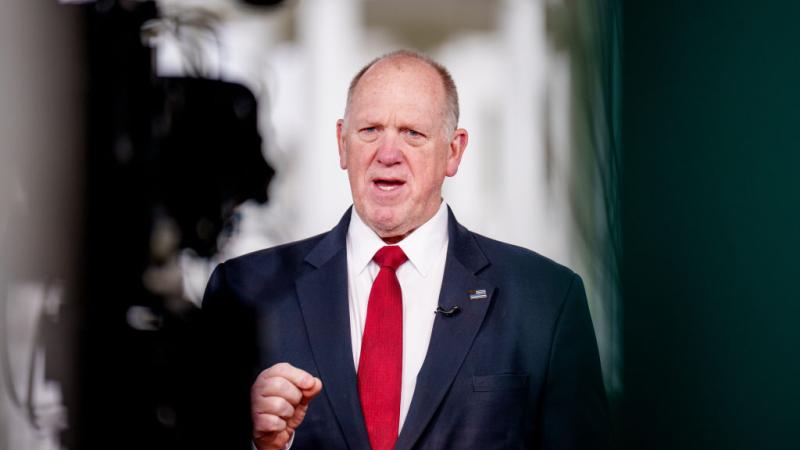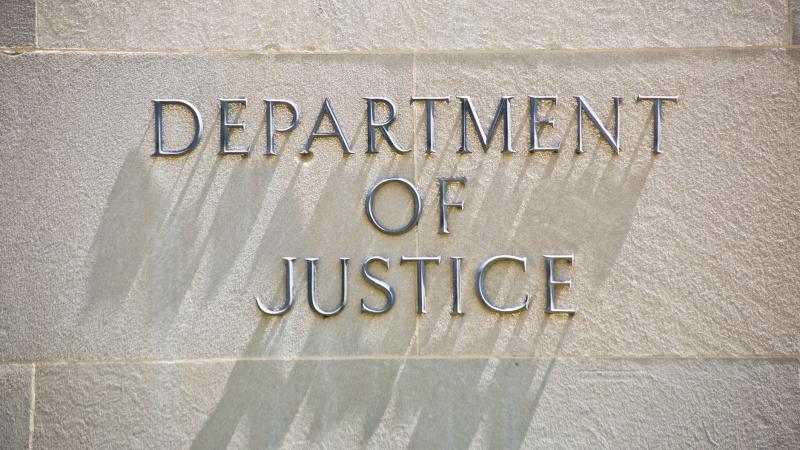Cheney funeral service ignites fresh talk of ‘uniparty’ as establishment pols mingle without Trump
Many of the attendees have viewed Trump, from the advent of his first campaign in 2015, as a political outsider, a man whose wealth and influence liberated him from the historically-required dealings and favor-trading in Washington.
On Thursday, a gathering of people who many on both the political left and right view as the so-called "uniparty", attended former Vice President Dick Cheney's funeral. Notably absent and reportedly not invited were the President of the United States, Donald Trump, and his Vice President, JD Vance.
The mixture of mourners included both Republicans and Democrats, some of whom formerly referred to Cheney in unflattering term. Atendee Rachel Maddow of MS NOW referred to him as "the maestro of terror politics."
Others in attendance were former Presidents George W. Bush, Joe Biden, former Vice Presidents Kamala Harris and Mike Pence, Senator Adam Schiff, political commentator James Carville, and former NIAID director Anthony Fauci.
No surprise Trump not invited
It's not much of a shock that Trump was not invited and, by association, Vance. Cheney, who endorsed Harris for president in 2024, characterized Trump as a coward and a liar and said that "in our nation's 246-year history, there has never been an individual who is a greater threat to our republic than Donald Trump."
Trump slung plenty of aspersions Cheney's way as well. He repeatedly criticized Cheney's role in the Iraq War, accusing him of lying about weapons of mass destruction (WMDs) to justify the invasion. In a 2025 interview, Trump said the Bush-Cheney administration "spent almost a trillion dollars on the Middle East, blowing up everything, killing people all over the place, engendering tremendous hatred... and then we leave, with nothing."
Many of the attendees have viewed Trump, from the advent of his first campaign in 2015, as a political outsider, a man whose wealth and influence liberated him from the historically-required dealings and favor-trading in Washington.
The "uniparty" crowd holds that despite surface-level partisan fighting, establishment Democrats and Republicans in Washington largely share the same fundamental goals: preserving their own power, securing lucrative careers after office through lobbying and corporate board seats, and maintaining a system that funnels taxpayer money to connected donors and industries.
Uniparty believers often cite near-identical voting records on massive spending bills, perpetual foreign wars, bank bailouts, and increases to the debt ceiling, as well as the revolving door between Congress, K Street, and defense contractors, which suggests both sides ultimately serve the same permanent political class rather than distinct ideological constituencies.
The real Deep State
Despite the smattering of Republicans and Democrats, there were no partisan seating arrangements. They all sat together, seemingly jovial, within feet of each other.
The funeral, which was held at Washington National Cathedral, served as a vivid representation of uniparty politics within establishment icons from both parties, spanning neoconservative hawks, liberal interventionists, and career bureaucrats. It personified a deep-seated camaraderie among Washington's elite that transcends partisan labels.
The uniparty dynamic of ideological foes in the public eye aligning behind closed doors may best have been illustrated by news photos of a wide-grinned Biden shaking hands with Pence while Harris chats with a laughing Jill Biden.
Critics like Schiff and Carville, who have railed against so-called Trumpism, and Fauci, a lightning rod for pandemic-era divides, rubbing shoulders with Republican stalwarts like Bush and Pence, might expose how personal and professional networks bind them more tightly than electoral rhetoric or even winning elections.













